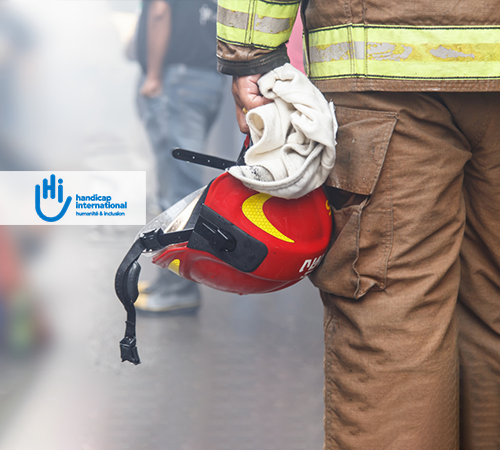Build and develop policies and Procedures
Policy development involves identifying need, gathering information, drafting, consulting and review.
ARFADA offer the following steps summarise the key stages involved in developing policies:
1. Identify need
Policies can be developed:
In anticipation of need (e.g. child protection policies should be in place once anorganisation starts to work with children or young
In response to need (e.g. a policy position on a government strategy may be developed in response to a consultation paper).
The organisation needs to constantly assess its activities, responsibilities and the external environment in order to identify the need for policies and procedures.
2. Identify who will take lead responsibility
Delegate responsibility to an individual, working group, sub-committee or staff members, according to the expertise required.
3. Draft policy
Ensure that the wording and length or complexity of the policy are appropriate to those who will be expected to implement it.
4. Consult with appropriate stakeholders
Policies are most effective if those affected are consulted are supportive and have the opportunity to consider and discuss the potential implications of the policy. Depending on whether you are developing policies to govern the internal working of the organisation or external policy positions, you may wish to consult, for example:
Supporters
Staff and volunteers
Management Committee members and Service users or beneficiarie
5. Finalise / approve policy
Who will approve the policy? Is this a strategic issue that should be approved by the Management Committee or is the Committee confident that this can be dealt with effectively by staff? Bear in mind that, ultimately, the Management Committee is responsible for all policies and procedures within the organisation.
6. Consider whether procedures are required
Procedures are more likely to be required to support internal policies. Consider whether there is a need for clear guidance regarding how the policy will be implemented and by whom. (E.g. a policy regarding receiving complaints will require a set of procedures detailing how complaints will be handled). Who will be responsible for developing these procedures? When will this be done? What will be the processes for consultation, approval and implementation?
7. Implement
How will the policy be communicated and to whom? Is training required to support the implementation among staff and volunteers? Should the organisation produce a press release (for external policy positions)?
8. Monitor, review, revise
What monitoring and reporting systems are in place to ensure that the policy is implemented and to assess usage and responses? On what basis and when will the policy be reviewed and revised (if necessary)?





